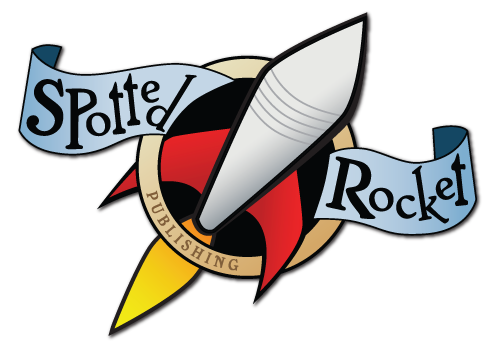Self Publishing:
https://www.johnmackey.com/blog/music-publishing/
8 Basic Facts:
https://www.legalzoom.com/articles/8-basic-facts-every-musician-should-know-about-copyright-law
ASCAP (Music PRO):
https://www.ascap.com/
BMI (Music PRO):
https://www.bmi.com/
ArrangeMe (A publisher with many permissions/licensing for arrangements):
https://www.arrangeme.com/
Collaboration (Lyrics/Music):
https://newmusicusa.org/nmbx/copyright-conundrums-for-collaborators/
Copyright ($45 per publication):
https://www.copyright.gov/
Music Publisher Association:
https://www.mpa.org/
Fair Use: (in US copyright law) the doctrine that brief excerpts of copyright material may, under certain circumstances, be quoted verbatim for purposes such as criticism, news reporting, teaching, and research, without the need for permission from or payment to the copyright holder.
**whether or not six seconds of the song in a user-generated video constitutes fair use is something for a court to decide
Public Performing License: This allows the licensee to perform the work in public or transmit the work to the public. Usually secured by the venue, but sometimes the presenting organization. Many composers and publishers use ASCAP or BMI.
Copyright & Self-Publishing Resources
Getting Your Stuff Out There
Recording
Harry Fox (Secure Mechanical License):
https://www.harryfox.com/
Mechanical License Calculator:
http://www.dashbook.com/calculatormechanical.aspx
Mechanical Licensing Collective:
https://www.themlc.com/
Any "first commercial recording" of a new work has to be approved by and negotiated with the copyright controller. The cents-per-minute price of first commercial recording of a piece is set by the copyright controller.
Any subsequent recording of a piece already commercially recorded automatically gets the statutory rate of $.0175 per minute per copy. The law requires that exact rate, not negotiable. Harry Fox Agency is available to administer this for you, but sometimes you might have to track down the copyright controller (publisher or composer) if they are not part of the Harry Fox Agency.
Mechanical License: This grants the right to the licensee to re-print and distribute a specific composition at an agreed-upon fee.
Streaming: To acquire a license to stream music, a streaming service needs to talk directly to the copyright holders of the music that they want to stream. The copyright holders can be individual songwriters, composers, record labels, or music publishers.
Synchronization License: This allows the composition to be used by the licensee in a synchronized way over other visual images, like an ad, video, or film.
Digital Performing Right in Sound Recordings: This covers licenses for digital streaming services.
In 1998, Congress passed the Digital Millennium Copyright Act (DMCA), which amended U.S. copyright law to address important parts of the relationship between copyright and the internet. Using unauthorized music on Twitch or other streaming service may result in a rights holder sending a takedown request (to remove the content and possibly the user from the streaming service) under the Digital Millennium Copyright Act (“DMCA”) or similar laws or through a separate contractual process. Youtube will allow the copyright holder to obtain any earnings acquired by the offender.
Rights holders to consider:
Composer
Lyricist/Librettist
Publisher
Performer
Label
Recording Artist
Performance Royalty Organizations (PROS)
